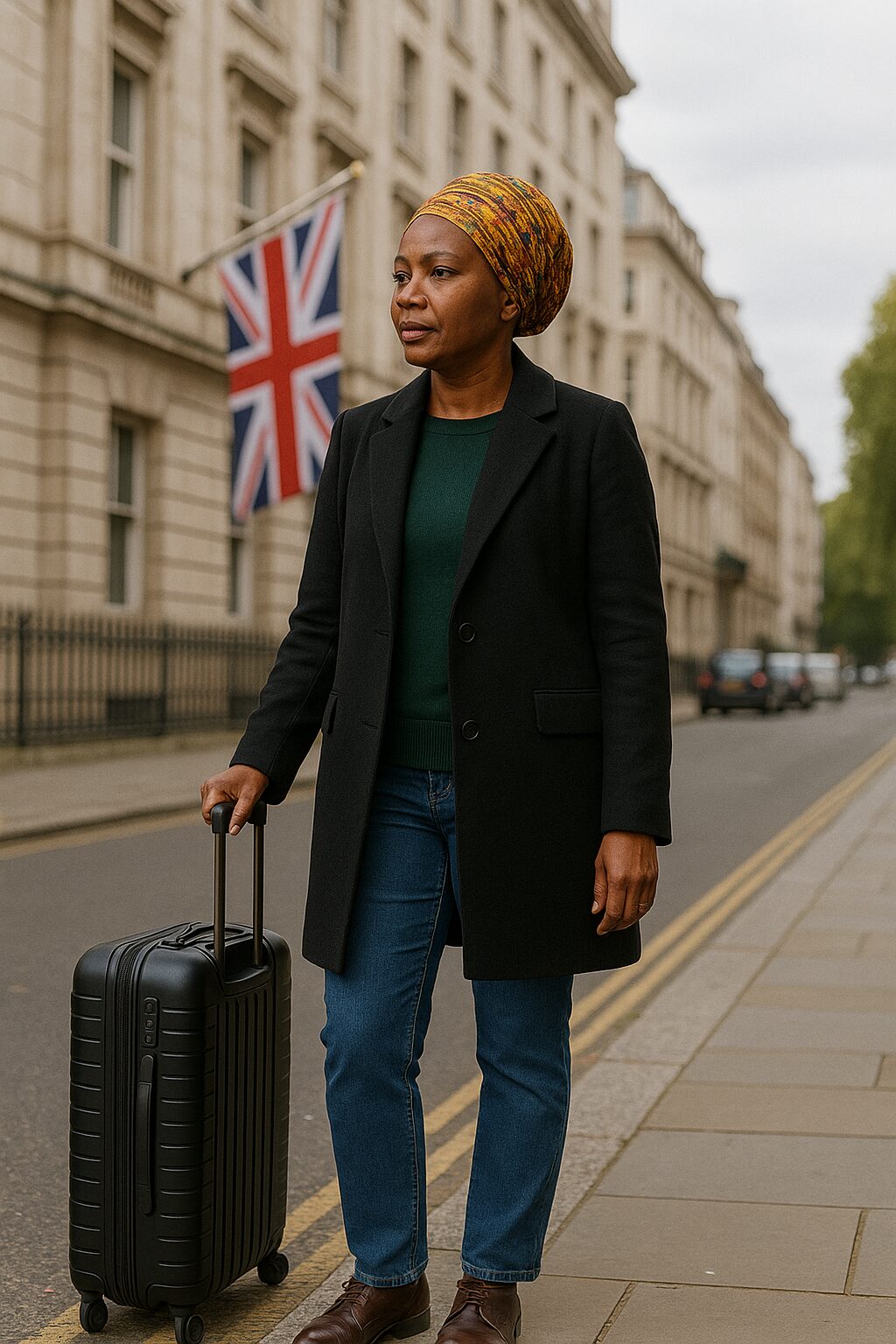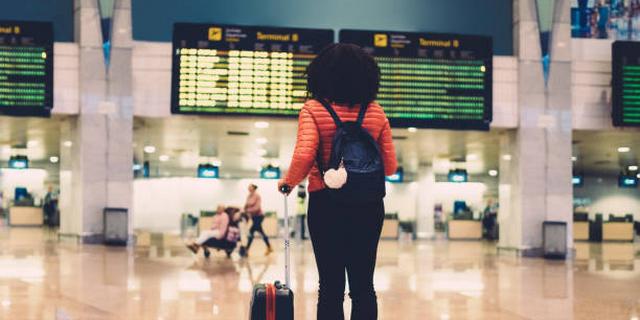In what many see as an unexpected twist, the once unstoppable Japa wave—the mass emigration of Nigerians seeking better lives abroad—appears to be slowing. Despite worsening economic conditions and growing insecurity in Nigeria, recent trends suggest that fewer people are making the leap across borders.
Investigations by BusinessDay reveal that skyrocketing travel costs and rising visa denials are making it harder than ever for Nigerians to japa. According to Janice Elebuwa, a Lagos-based travel agent, airline tickets alone now cost nearly double what they did just a few years ago. “Flights to London that used to cost around N500,000 are now going for N1.4 million minimum. Flights to the U.S.? Over N2 million,” she said. And that’s just airfare—visa fees, accommodation, and other relocation costs have also gone up significantly.
But that’s not all. Getting a visa is now harder than ever. Embassies are rejecting more applications, often with little or no explanation. In 2023 alone, the UK reportedly denied 430,000 Nigerian visa applications while issuing around 255,000. The U.S. has also stepped up its enforcement, warning Nigerians against overstaying visas and threatening permanent bans for violators. As immigration lawyer Mark Oduma explained, “You can be punished years later for past overstays. Consular officers now have full access to your history.”
Even those who successfully japa are facing a harsher reality abroad. “It’s not the fantasy you see on Instagram,” says Fidelis Osemeka, a business executive. “I studied in Canada and came back to run a family business. I’m doing much better now than many of my schoolmates who stayed behind. The cold, the taxes, the loneliness—it’s not what they tell you.”
Others, like Adeola Olajobi, a trained architect turned UK nurse, agree. “I had to retrain just to survive. Life is better here, but also tougher. If you’re not prepared to adapt, it becomes a nightmare,” she said.
According to the UK’s Home Office, new immigration rules—like banning student dependents and prioritizing “high-value” courses such as engineering and sciences—have also contributed to a 38% drop in Nigerian student visa approvals. Similarly, the high cost of living and fear of deportation are discouraging many would-be migrants.
With all these factors at play, experts believe the Japa wave may continue to decline. Visa rejections, economic roadblocks, and the tough realities of life abroad are beginning to temper the enthusiasm of even the most determined hopefuls.
For those still set on relocating, the advice is simple: plan better, understand the full cost, and prepare for challenges—not just in Nigeria, but wherever you land.
Original reporting by Obinna Emelike, BusinessDay
Adapted for iJapa.ng with permission and editorial enhancement.










